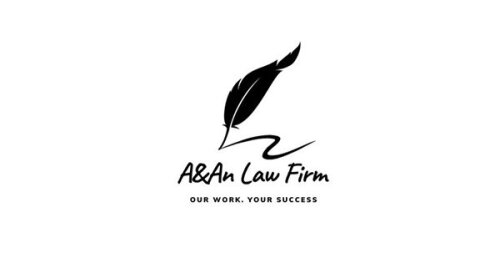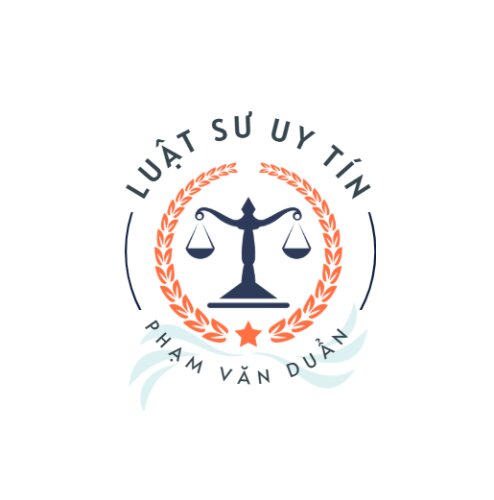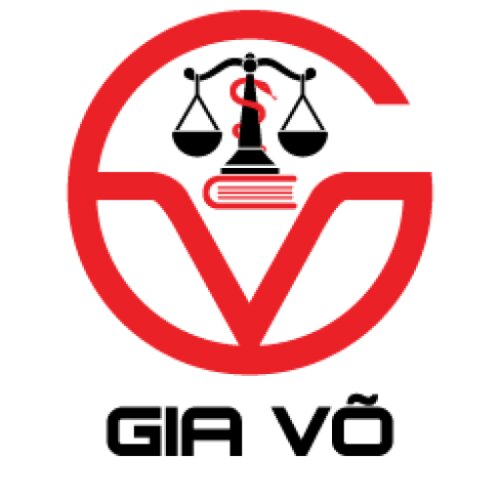Best Licensing Lawyers in Vietnam
Share your needs with us, get contacted by law firms.
Free. Takes 2 min.
Or refine your search by selecting a city:
List of the best lawyers in Vietnam
About Licensing Law in Vietnam
Licensing law in Vietnam is a complex field that governs the granting of permissions for various business activities, marketing, and utility services. The framework is designed to ensure compliance with the nation's regulations and international agreements, safeguarding both consumers and businesses. Licensing can span across different sectors, including telecommunications, pharmaceuticals, construction, food and beverage, and environmental services, among others. The legal system provides specific guidelines and requirements to obtain licenses, which can be complex and vary depending on the field of operation.
Why You May Need a Lawyer
Engaging a lawyer can be essential in several situations involving licensing in Vietnam. Common scenarios where legal assistance may be required include:
- Understanding and navigating the complicated regulatory environment and compliance requirements.
- Drafting and reviewing licensing agreements to ensure that they are comprehensive and protect your interests.
- Negotiating terms with authorities or third parties.
- Handling disputes or revocation of licenses that may arise due to non-compliance or changes in regulations.
- Advising on intellectual property rights related to licensing, especially in tech and creative fields.
Local Laws Overview
Vietnamese licensing laws are influenced by a combination of national regulations, international trade agreements, and local stipulations. Some key aspects include:
- Business Licensing: All enterprises must register and obtain the necessary licenses from local authorities for legal operation.
- Sector-Specific Licenses: Certain industries such as mining, telecommunications, and pharmaceuticals have additional licensing requirements, involving stricter criteria for approval.
- Intellectual Property Licensing: Licensing related to intellectual properties such as patents, trademarks, and copyrights must comply with the national Intellectual Property Law.
- Environmental Licenses: Businesses that may have an impact on the environment must acquire special environmental licenses, to adhere to national environmental standards.
- Health and Safety Regulations: Industries like food and beverage require specific licenses ensuring compliance with health and safety regulations.
Frequently Asked Questions
What is a business license, and do I need one?
A business license is a permit issued by the government that allows an individual or company to conduct business within the government's geographical jurisdiction. In Vietnam, all businesses require a business license to operate legally.
How long does it take to obtain a license in Vietnam?
The timeframe can vary depending on the type of license and industry. It may take anywhere from a few weeks to several months.
Can a foreign company apply for a license in Vietnam?
Yes, foreign companies can apply for licenses in Vietnam, but they must adhere to specific local regulations and, in some cases, partner with a local business entity.
What is the penalty for operating without a license?
Operating without a license can result in severe penalties, including fines, legal action, and cessation of business operations.
What should I do if my license application is denied?
If your application is denied, it is advisable to seek legal advice to understand the reasons for denial and explore options for appeal or reapplication.
Are there any industries exempt from licensing requirements?
While most industries require some form of licensing, the requirements can be minimal for certain types of non-profit organizations or small-scale personal businesses. Consultation with a local attorney is recommended for clarification.
How often must licenses be renewed?
Renewal frequencies vary based on the type of license and industry. Generally, licenses are renewed annually or biennially.
Do licensing laws differ across provinces in Vietnam?
Yes, while there are national laws, local regulations and enforcement can vary between provinces.
What is the role of the Ministry of Planning and Investment in licensing?
The Ministry of Planning and Investment is responsible for the administration of business registration and investment licensing, providing oversight and ensuring compliance with national policies.
Can I transfer my license to another entity?
Licenses are typically non-transferable, but certain circumstances may allow for a transfer with approval from the relevant authorities.
Additional Resources
Those seeking more information or needing assistance with licensing in Vietnam can reach out to the following resources:
- Ministry of Planning and Investment - Oversees business registration and general economic policy.
- Vietnam Chamber of Commerce and Industry (VCCI) - Provides support and resources for businesses.
- Local Department of Industry and Trade Offices - Offer guidance related to specific local policies and licenses.
- Legal Firms specializing in Vietnamese Business Law - Professional services for detailed consultations and legal support.
Next Steps
If you find yourself needing legal assistance with licensing in Vietnam, the following steps can guide you:
- Clearly identify your needs and specific area of concern regarding licensing requirements.
- Research reputable legal firms or consultants experienced in Vietnamese licensing law.
- Arrange consultations to discuss your situation and receive tailored advice on the next actions.
- Ensure that all documents are in order and comply with the requirements identified during your legal consultation.
- Submit applications or appeals with the guidance of your legal advisor to avoid any procedural errors.
- Stay informed about any legal changes in licensing laws that may affect your business.
Lawzana helps you find the best lawyers and law firms in Vietnam through a curated and pre-screened list of qualified legal professionals. Our platform offers rankings and detailed profiles of attorneys and law firms, allowing you to compare based on practice areas, including Licensing, experience, and client feedback.
Each profile includes a description of the firm's areas of practice, client reviews, team members and partners, year of establishment, spoken languages, office locations, contact information, social media presence, and any published articles or resources. Most firms on our platform speak English and are experienced in both local and international legal matters.
Get a quote from top-rated law firms in Vietnam — quickly, securely, and without unnecessary hassle.
Disclaimer:
The information provided on this page is for general informational purposes only and does not constitute legal advice. While we strive to ensure the accuracy and relevance of the content, legal information may change over time, and interpretations of the law can vary. You should always consult with a qualified legal professional for advice specific to your situation.
We disclaim all liability for actions taken or not taken based on the content of this page. If you believe any information is incorrect or outdated, please contact us, and we will review and update it where appropriate.
Browse licensing law firms by city in Vietnam
Refine your search by selecting a city.















